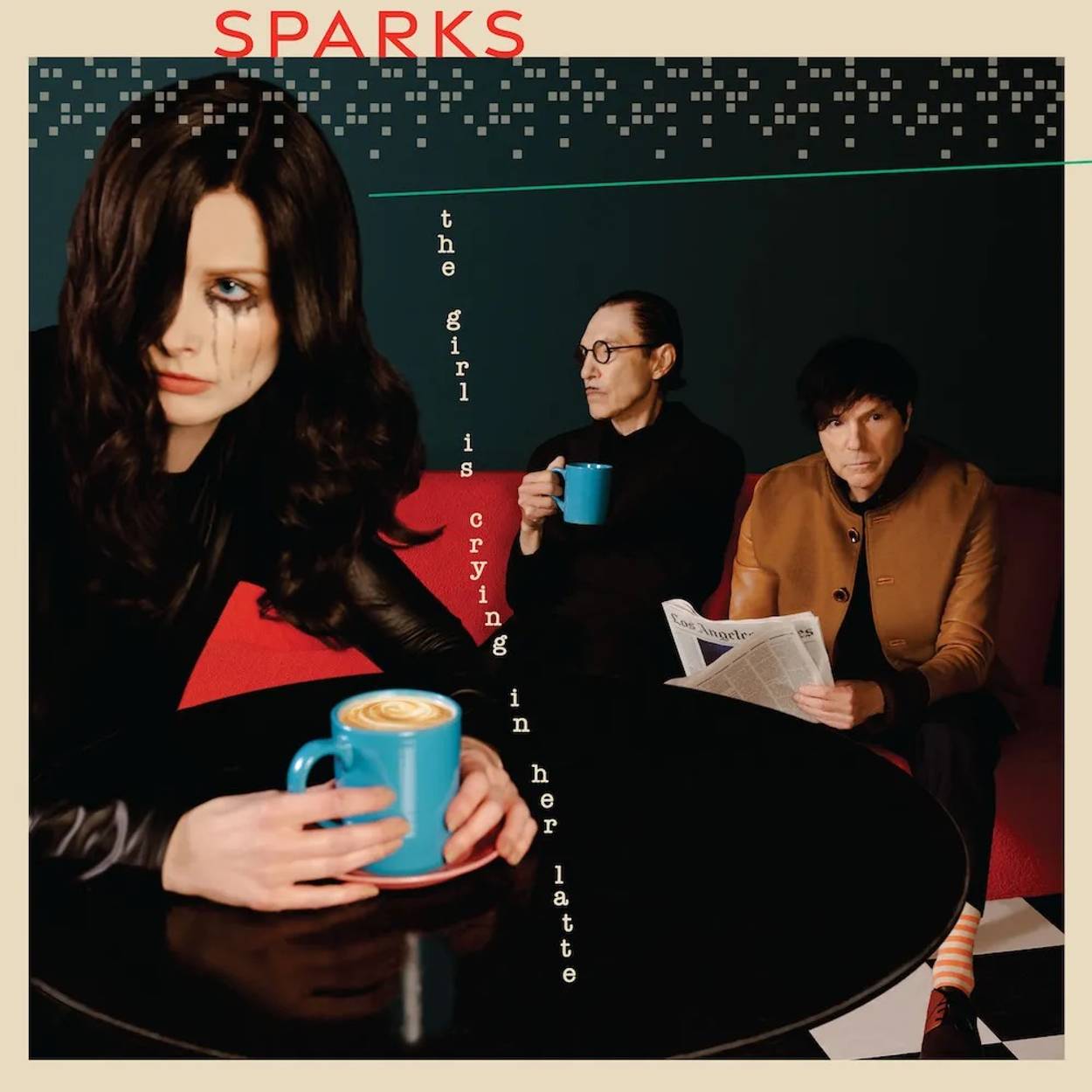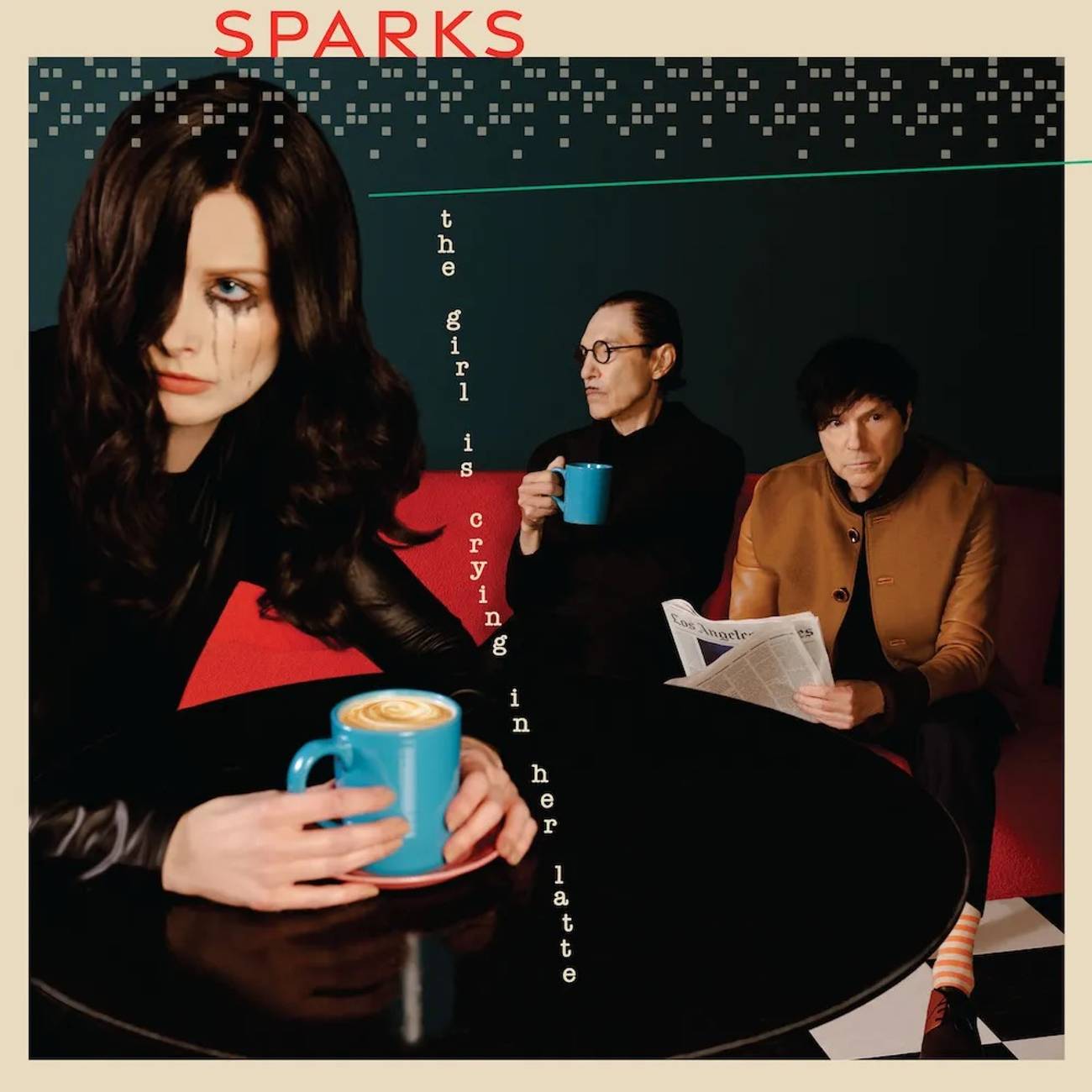Sparks Fly
On their 26th album, Southern California’s Mael brothers stay weird




One question that will always hang over popular music is how seriously to take the entire enterprise. Matty Healy of The 1975 has recently been making the rounds as an enfant terrible, the type of guy who speaks deep truths or challenges sacred cows or something, it’s hard to really know. But he takes his project, whatever it is, very seriously.
If music can be broken into four different quadrants—with one axis running from serious to light-hearted and another from boring to interesting—then The 1975 would be in one corner (serious and boring) while Sparks would be in the polar opposite corner. The pair of brothers behind the band, Ron and Russell Mael, grew up in a very self-serious time and place for music: Southern California in the 1960s. Some call it the golden era of folk, but not the Maels.
“We detested folk music because it was cerebral and sedate and we had no time for that,” Ron told The Guardian in 2002. They were drawn to the more bombastic, and presumably more fun, music that was being made in England. Their impatience with the cerebral and sedate led to a fascinating career too lengthy to discuss here, but best summed up in the recent documentary The Sparks Brothers. Their latest album, The Girl Is Crying in Her Latte, would be a good place to start.
Yes, it is their 26th album, not counting their collaborative album made with Franz Ferdinand, FFS. But here Sparks is offering the same wry humor, anxious panic, and infectious groove that made FFS so memorable.
The band has an ability to home in on a small detail and blow it up to the most dramatic proportions imaginable. “So many people are crying in their latte!” they announce on the opening title track. On the next, “Veronica Lake,” they recall the story of the actress Veronica Lake being asked to change her hairstyle in World War II. On the third, “Nothing Is as Good as They Say It Is,” they sing from the perspective of a 22-hour-old baby who has decided it wants to return to the womb. Later, on “We Go Dancing,” they describe a dance party in North Korea with the “greatest DJ in the whole wide world,” Kim Jong Un.
As disparate as these songs are, they are tied together by a sense that no other band could write a song on the subject. They jump back and forth between the touching and the odd, wringing a pathos out of the strangest situations they can imagine. Their music has an operatic quality. “We Go Dancing,” for example, sounds nothing like a dance song at all. Rather, as they chant the song’s title over and over again, their voices feel positively haunted.
“Nothing Is as Good,” the baby song, is a wonderful example of their theatrical despair. “This is not a place that I can exist / Not ungratefulness, I just don’t want this,” the child says, asking his mother over and over again, “Mama, Mama, can you accommodate? / Mama, Mama, tell me I’m not too late.”
Another characteristic of Sparks’ music is tension. This is the band behind the song that I listen to more than any other when I’m on deadline, “Beat the Clock.” The band embraces the mechanical nature of synths, and a feeling of efficiency runs through their music. They are pressing to move forward, yet countless contrivances stand in their way.
In a recent interview with The Big Takeover, when asked what keeps them moving forward, Russell simply says that the two “like to work, so there’s not really a time that we say, ‘We’re going to take off the next two years and not do anything.’ We don’t know what else we would be doing.” Propulsion is the connective tissue of their music.
The brothers find a beat and they stick with it, creating something that feels something like krautrock, something like sarcasm, and something like a dance party. Putting on a Sparks album feels like entering a world with slightly different rules. Russell told The Big Takeover that people who enjoy Sparks often have a “sense that they’re part of some special club that is exclusive to them.” The Girl Is Crying is a perfect ticket in.
David Meir Grossman is a writer living in Brooklyn. His Twitter feed is @davidgross_man.